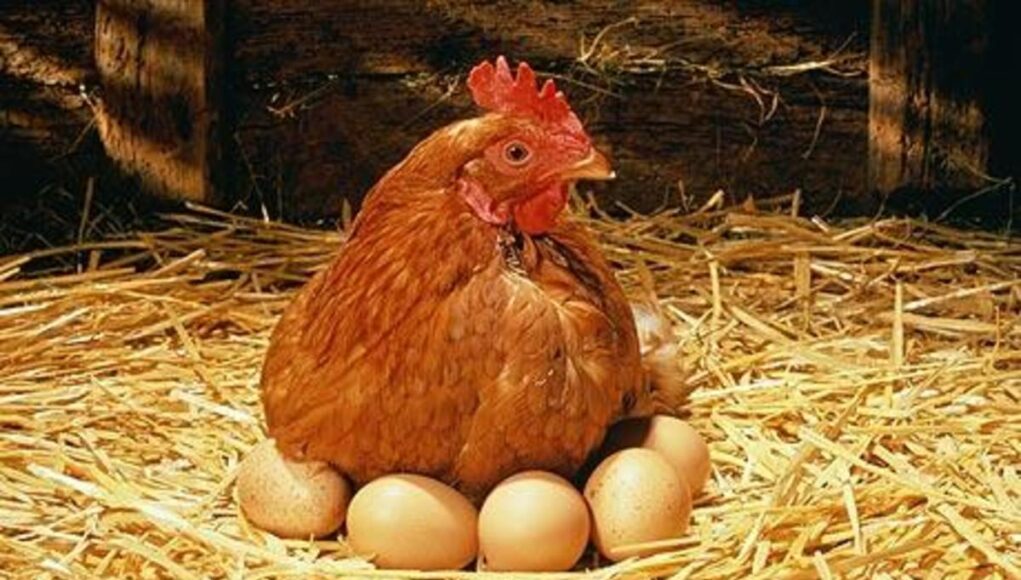Raising chickens in your backyard has become an increasingly popular pastime among chicken lovers. However, with this rewarding hobby comes the responsibility of ensuring the eggs you collect are safe to eat. One of the most discussed topics among backyard chicken enthusiasts is the relationship between backyard eggs and salmonella. Understanding this can help ensure health and safety for you and your family.

What is Salmonella?
Salmonella is a group of bacteria commonly found in the intestines of animals, including birds. While not harmful to chickens, it can cause food poisoning in humans, leading to symptoms like diarrhea, fever, and abdominal cramps. The connection between backyard eggs and salmonella arises primarily from improper handling or consumption of contaminated eggs.
How Salmonella Affects Backyard Chickens
Chickens can carry salmonella without showing any signs of illness. This makes it challenging to identify and manage the risk in your flock. It is essential to adopt good hygiene and farm practices to minimize the risk of salmonella in your backyard eggs.
Factors Influencing Salmonella Presence in Backyard Eggs
- Hygiene Conditions
- Temperature Control
- Nutrition and Diet
- Coop Design
Implementing effective practices such as a clean environment and proper coop design can significantly increase safety. Check out our coop design guide for more insights.
Preventative Measures
Proper Egg Handling
Handling eggs correctly is crucial in reducing the risk of salmonella. Always wash your hands after touching chickens or handling eggs. Never leave eggs at room temperature for extended periods as bacteria can multiply rapidly.
Discover how to ensure your eggs stay fresh by learning how to store eggs without a fridge.
Consistent Cleanliness
Maintaining a clean coop is vital. Clean the coop regularly and provide fresh bedding. Dirty eggs must be cleaned properly before use. Learn more on how to handle dirty eggs safely.
Nutritional Balance
A balanced diet helps in keeping chickens healthy and lowering infection risks. Understanding the effects of daylight on egg laying can help improve your flocks diet and wellbeing.
What To Do If You Suspect Salmonella
If you suspect your eggs are contaminated, do not consume them raw or partially cooked. Cook them thoroughly to eliminate any harmful bacteria.
Knowing the Stages of Egg Formation
Understanding the stages of egg formation can help pinpoint when contamination might occur and how to prevent it.
The Benefits of Farm Fresh Eggs
Despite the risks, farm fresh eggs offer substantial benefits such as higher nutrition and better taste compared to store-bought variants.
Explore more about these benefits here.

FAQs
Are Backyard Eggs Safe to Eat?
Yes, backyard eggs are safe to eat when cleanliness and proper handling are observed.
How Can I Prevent Salmonella in My Flock?
Practice good hygiene, maintain a clean coop, and handle eggs carefully to prevent contamination.
Is Cooking Eggs Enough to Kill Salmonella?
Yes, properly cooking eggs will kill any present salmonella bacteria, making them safe to eat.
This article contains affiliate links. We may earn a commission at no extra cost to you.










